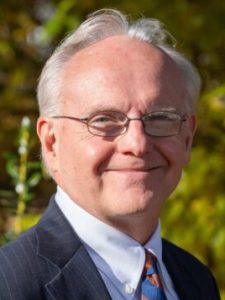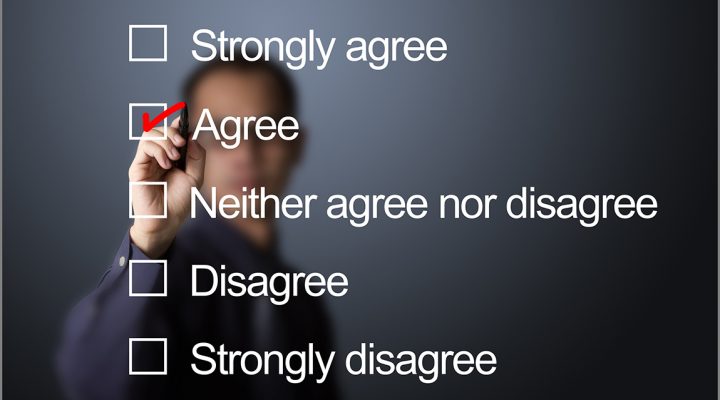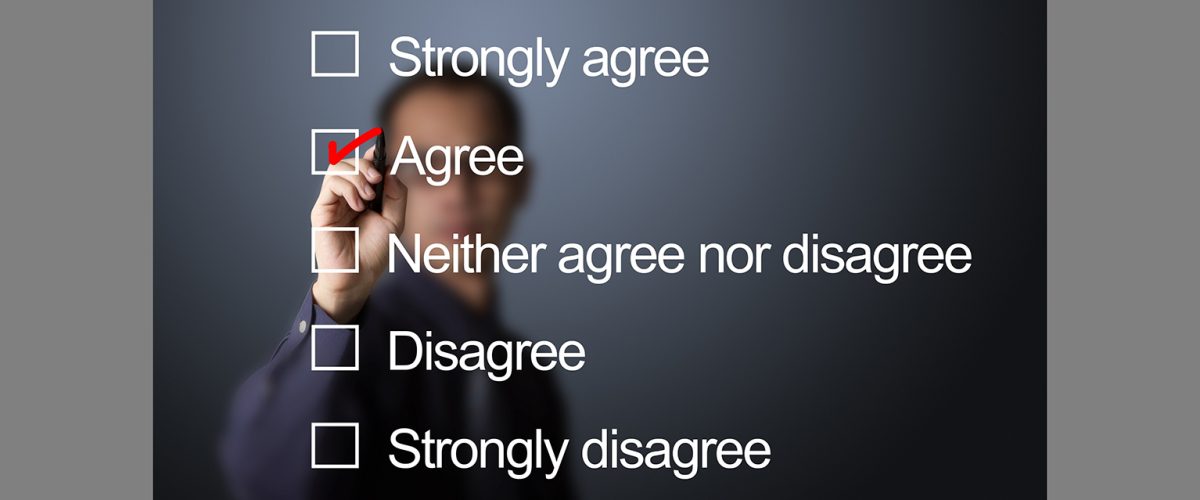If you have been following along recently and are a clergyperson, or someone interested in the goings on of church life, you may be feeling like this has been a “terrible, horrible, no good, very bad … season.”
Several research surveys hit the news outlets with undoubtedly depressing data — Pew Research Center’s continued delving into the “nones,”, Gallup’s ratings on “professional ethics” and the Hartford Institute for Religion Research’s look at “growing clergy discontentment.” As one who has been a preacher for 40 years, church staff member for 30 years, and now serving in the halls of theological education, I read all this information and am reminded of the words of the great poet, “Yuck!”

John Norman
Of course, all the findings from the research are not bad. For example, I took one of the bright spots to be the fact that the “nones” (the 28% of the U.S. population who attest to no religious affiliation in particular) are not necessarily “anti-God.” Pew says of those “nones” surveyed, 13% “believe in God as described in the Bible” and 56% “believe in other higher power.” That is more than two-third saying they place “belief” in someone other than themselves. That is positive, in the sense of the Apostle Paul being in Athens and proclaiming the “unknown god” kind of positive. Perhaps we clergy will at least get a hearing based on this. One can hope.
Indeed, there are other lights that shine in the research, but overall “it ain’t looking good for the home team.”
Take for instance the fact that Gallup’s ethical ranking of clergy is at the lowest point since they began researching such questions in 1976. When prompted, “Please tell me how you would rate the honesty and ethical standards of people in these different fields — very high, high, average, low or very low?” those who graded clergy as high or very high was only 32%.
As I understand it, this research is not about theological beliefs or political standpoints (which people may or may not agree with), but rather about character and trust. In my mind, this is a problem. At least clergy “outrank” senators and congresspersons, so I guess there’s that.
But wait — there’s more!
The bit of research that hit the closest to home for me was the last one I mentioned — Hartford’s survey of “growing clergy discontentment.” One respondent’s reply appears to sum up the whole study: “I’m exhausted.”
Ee all thought once we emerged from the challenges brought on by COVID everything would settle down and return to “normal.” One, that hasn’t happened. Two, it seems to be getting worse, especially for clergy.
Mind you, all these studies seem to look at “symptoms” and only occasionally at causes. I’m sure folk will spill a lot of ink delving into that. I am interested in that too. Right now, however, all I can think of is the Apostle Paul’s words to Timothy, “Speak the word, keep standing firm in good seasons and bad seasons; expose faults, give caution, stand by folk and encourage them in all patience and teaching.”
Good words for sure. But as we clergy ponder our current “winter of discontent,” I’m about ready for the seasons to change. Aren’t you?
John Norman Jr. recently became director of partnership development at Campbell University Divinity School after serving as a pastor for 26 years at First Baptist Church of Four Oaks, N.C. He and his family continue to reside in the Four Oaks community. The views expressed are the author’s alone and do not represent the views of Campbell University.
Related articles:
Here’s what I’m learning about the ‘nones’ | Analysis by Mark Wingfield
On the other side of the pandemic, the report from America’s churches is mixed


